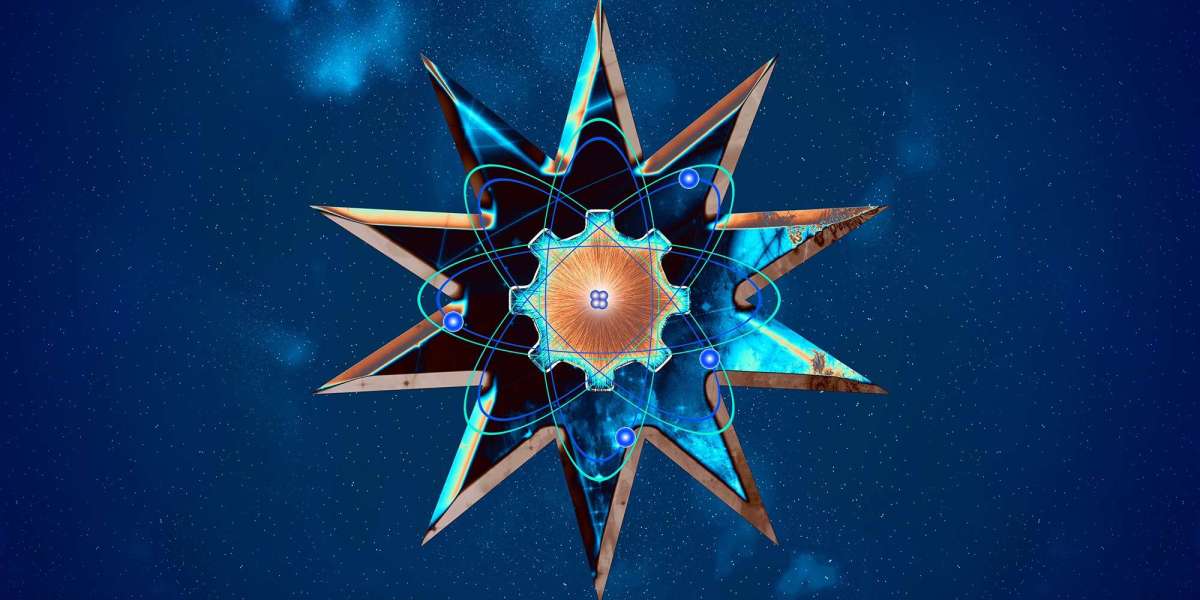Introduction
In a groundbreaking study, researchers have explored a quantum system reminiscent of Maxwell's Demon, revealing insights that challenge traditional thermodynamic principles. This "demonic engine" appears to extract energy in ways previously deemed impossible, prompting a reevaluation of the second law of thermodynamics within the quantum realm.
The Maxwell's Demon Paradox
Proposed by physicist James Clerk Maxwell in the 19th century, Maxwell's Demon is a thought experiment that envisions a hypothetical being capable of sorting particles to decrease entropy without expending energy, seemingly violating the second law of thermodynamics. While classical physics maintains the law's inviolability, quantum mechanics introduces complexities that necessitate deeper examination.
The Quantum "Demonic Engine"
An international team of scientists from Nagoya University in Japan and the Slovak Academy of Sciences developed a mathematical model for a "demonic engine" powered by quantum measurements. This model utilizes the theory of quantum instruments to describe general forms of quantum measurement. Their findings indicate that certain quantum processes can, under specific conditions, appear to circumvent the second law, while others adhere to it. This duality suggests a nuanced relationship between quantum mechanics and thermodynamics.
Implications for Technology
Understanding and harnessing these quantum processes could lead to significant advancements in various fields:
Quantum Computing: Exploiting these principles may enhance computational speeds and efficiency.
Nanoscale Energy Systems: Designing devices that operate at the quantum level could improve energy extraction and utilization.
Thermodynamic Research: Insights from this study may redefine foundational concepts in physics, particularly concerning entropy and energy distribution.
Conclusion
While the notion of a "demonic engine" challenges established thermodynamic laws, this research underscores the intricate interplay between quantum mechanics and thermodynamics. As scientists delve deeper, we move closer to potential breakthroughs in energy efficiency and quantum technologies, reshaping our understanding of the physical universe.








